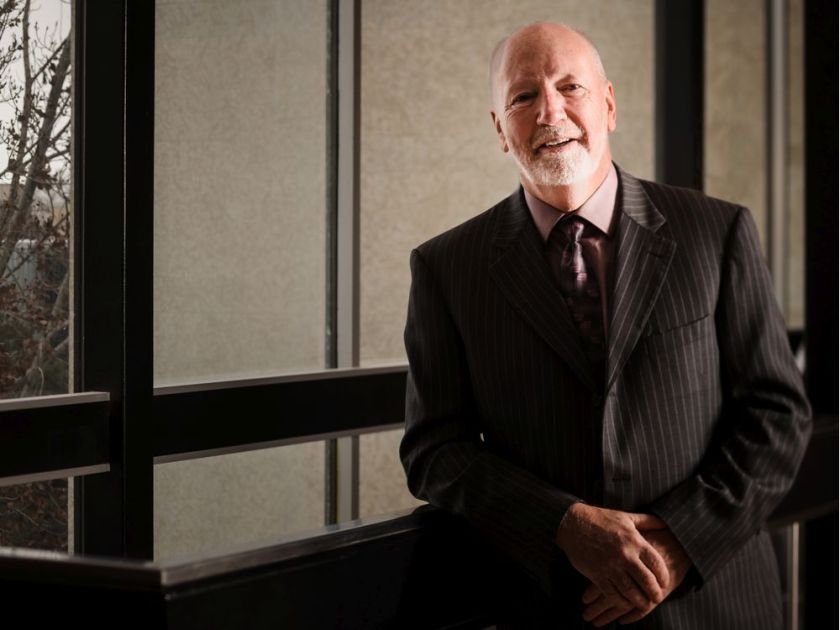
New senator wants to be 'responsive to the needs' of Sask. residents
Newly appointed Sen. Brent Cotter (BComm'71) states "this is a challenging time for almost anybody who is working in the world of intergovernmental activity or working in a parliamentary way."
By Angela Hill | Saskatoon StarPhoenixThe political climate has changed since Brent Cotter (BComm'71) applied to be a Canadian senator a year ago, as reported by Regina Leader-Post.
Cotter, who was sworn in as Saskatchewan’s newest senator last month, had not anticipated a minority government or the high tensions between Ottawa and the Prairie Provinces.
“I think, as a result, this is a challenging time for almost anybody who is working in the world of intergovernmental activity or working in a parliamentary way like senators do,” he said.
Cotter — a former deputy minister of intergovernmental and Indigenous affairs in Saskatchewan and a professor in the field of legal ethics — says he hopes his diverse experiences help him on many of those diplomatic fronts.
“I do have a good deal of experience in managing successfully these potentially challenging times and I hope I can make a contribution that advances the national interest, but also is responsive to the needs of the people of Saskatchewan,” he said.
“There is certainly an expectation that the role of senators is to be a good voice for the Saskatchewan perspective in national political affairs.”
Cotter enters the Red Chamber at a time when three long-serving Saskatchewan senators are retiring within a 12-month period.
Sen. David Tkachuck retires this month less than six months after the retirement of Sen. Raynell Andreychuk (BA'66, LLB'67). Sen. Lillian Dyck (BA'66, BA'68, MSc'70, PhD'81) will turn 75, the mandatory age of retirement from the Senate, in August. Collectively, the three have served nearly 70 years in the upper house.
“That institutional memory is hard to capture,” said Saskatchewan Sen. Marty Klyne, who was sworn into the senate in September 2018.
“Just knowing how the Senate works and how to navigate through that — represent your region, but also serve the country — certainly that is going to be lost,” he said.
Tkachuck says the retirement of three senators from Saskatchewan in such short order will be noticed.
“I think it will be different with us not being there,” he said.
Andreychuk, who retired last August after 26 years as a senator, said experience is extremely important because precedence prevails in the upper house; there are conventions, rules and procedures to be followed.
Read more at https://leaderpost.com/news.

